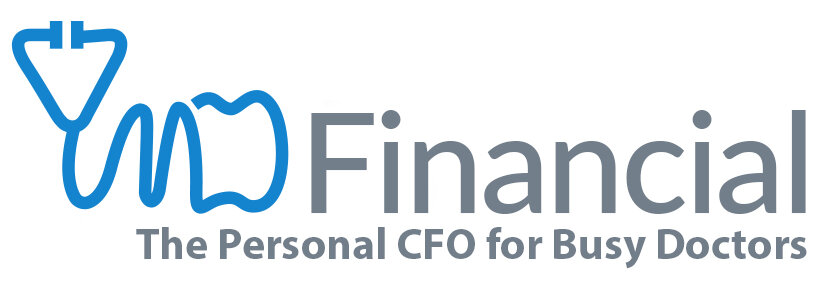Contracts can be negotiable and many can be improved upon in some way. If you sign without negotiating you could be leaving benefits (money, vacation time, etc.) on the table.
Today, we will look at a few things you want to watch out for as you review contracts:
1. Liquidated damages: A legal agreement that allows the parties to state up front, in writing, that the doctor is responsible for $X if the contract is breached. Never sign an agreement like this without consulting an attorney, as there may be clauses that are hard NOT to break.
2. Tail Coverage: Medical malpractice insurance carryover from past employer. It is always nice to have your new employer pay for tail coverage if you leave. This can be quite expensive if you have to pay for it individually. If you don’t see it provided in your contract, use this as a negotiation point.
REMEMBER: The most power you will ever have with your new employer is before you sign the agreement. Make sure you use this time to negotiate a contract that is fair and protects you. Don’t hesitate to work with an attorney.
3. Bonuses: These should be CLEARLY spelled out. Make sure you ask “Of your last 5 doctors, similar to me, how did their bonuses pay out?” or “What is it going to take for me to achieve this bonus?” Specifics are not needed, just a range, but you need to know how to plan for the future.
Types of bonuses include:
Starting bonus: gets paid out after you start, encourages you to stay with the firm
Retention bonus: if you stay past a certain time period, you are paid for staying on longer (i.e. 1 year)
Signing/ Sign-on bonus: should be paid when you sign the contract but you often won’t receive the money until you start or even after the first year
Production bonus: depends on how many patients you see per hour, how many RVU you bill, etc.
Negotiation Tips:
We often see failure to negotiate contracts. Unfortunately, this is more commonly seen in the female population. Negotiations are expected and if you don’t negotiate, you may be leaving money behind.
This new employer “has the gold” is a frequent thought. But, remember you have gold too because we are in a physician shortage right now! Know how in demand you are for your specialty and your location, remember you can use resources like salary.com or glassdoor.com.
He who speaks first loses. If you offer concrete terms, the negotiator will latch on to that. The risk is that they may have been willing to offer more. Be sure to include pauses and don’t rush to fill the void; give your employer an opportunity to make you an offer.
Negotiations should be done in person, or at the very least over the phone, NEVER BY EMAIL! You need the opportunity to assess body language and tone during the negotiation period.
Never agree in the moment. Take time to review, do research, discuss with advisors, etc. Don’t respond to time pressures by your potential employer.
Make a list of questions and then have a second list of your priorities that perhaps can “sweeten the deal”.
Use role play or mental rehearsal to prepare yourself for the negotiation.
Your negotiation period is the honeymoon phase so make the most of it!

![Negotiating a Doctor's Contract, Part 2 [Podcast]](https://images.squarespace-cdn.com/content/v1/561feb4ee4b0de0eb30d6d3c/1575158343819-3SZO5I86I5TGKSP7EYT9/cytonn-photography-GJao3ZTX9gU-unsplash.png)